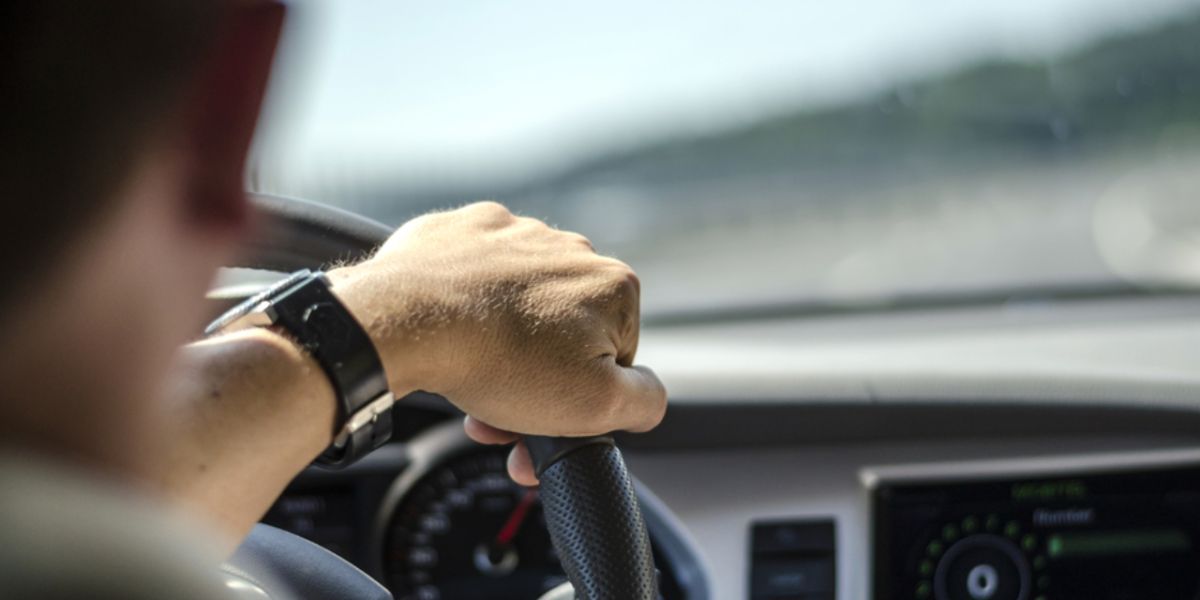
Mauritius has a well-developed public transport network, although the frequency and working hours might not work for all your commuting needs, especially if you want to get to the rural areas. While it is entirely possible to be without a car on the island, having one will give you much more flexibility, peace and comfort. So, if you are planning to buy or rent a car, here is what you need to know about driving on the island.
Driving in Mauritius: an overview
In Mauritius, the steering wheel is on the right and driving is on the left, as in Anglo-Saxon countries, while road signs are written in English.
Overall, the main roads are in good condition, although caution may be required in some areas, especially those with high rainfall, where the road surface tends to deteriorate rapidly.
Another important point is that Mauritian drivers can sometimes speed or have their own interpretation of the Highway Code but always remain courteous. You should get a "thank you" with the hazard lights or a wave after giving way, for example.
As for traffic jams, it is a real problem on the island, which, according to the National Land Transport Authority (NLTA), counted 674,138 vehicles (all types) early this year.
The road network in Mauritius
The road infrastructure is in good condition throughout the country, both for the main access roads, highways and main roads. Major works have been undertaken to widen existing roads and ease traffic congestion around the capital and other towns such as Quatre Bornes and Vacoas/ Phoenix. Nevertheless, traffic jams have remained frequent in these areas since the Metro Express.
Signage is good on the main roads as well as on most secondary roads. The population is always courteous and helpful when it comes to pointing out roads and paths to take.
Driving on the left in Mauritius
As in all former English colonies, but also in Japan, driving on the right side of the road is not allowed in Mauritius.
If you come from a country where driving is on the right side and you wish to drive in Mauritius, you must:
- Apply for an international license if you are staying for more than 4 weeks;
- Convert your driving license into a Mauritian license if you become a resident of Mauritius.
Highway Code manuals are available in all bookstores.
Extreme vigilance is required at roundabouts and when driving in city centers. Buses have priority and often do not respect the Highway Code.
Speed limits in Mauritius
The speed limit is 40 km/h in the city, 80 km/h on the highway and 110 km/h in some areas of the highway.
Maximum speed limits in kilometers per hour for specific classes of vehicles | Motorways (M roads) | Classified roads (A roads) | Classified roads (B roads) | Other roads (UR roads) |
Motorcars | 110 | 90 | 90 | 80 |
Motorcycles or autocycles | 80 | 60 | 60 | 60 |
Buses or heavy motorcars having a maximum gross weight: | ||||
(a) not exceeding 3,5 tons | 80 | 80 | 80 | 60 |
(b) exceeding 3,5 tons | 80 | 80 | 60 | 60 |
Goods vehicles or articulated vehicles having a maximum gross weight: | ||||
(a) not exceeding 3,5 tons | 80 | 60 | 60 | 60 |
(b) exceeding 3,5 tons | 80 | 60 | 60 | 60 |
Motor vehicles drawing one trailer where the combined aggregate maximum gross weight: | ||||
(a) not exceeding 3,5 tons | 60 | 60 | 60 | 60 |
(b) exceeding 3,5 tons | 60 | 60 | 60 | 60 |
Motor vehicles drawing more than one trailer | 60 | 60 | 60 | 60 |
Motor tractors | 60 | 60 | 60 | 60 |
Driving under the influence in Mauritius
Alcohol and drug consumption are the cause of numerous road accidents. The Mauritian authorities, therefore, act accordingly.
Drinking and driving
Local authorities remind us that drinking and driving remains one of the main causes of serious injuries and fatal accidents in Mauritius.
The legal limits are:
- 20 milligrams of alcohol per 100 ml of blood;
- 27 milligrams of alcohol in 100 ml of urine;
- 9 micrograms of alcohol in 100 ml of breath.
Penalties for DUI On first conviction:
- A fine of Rs 20,000 minimum and Rs 50,000 maximum;
- Imprisonment of up to 5 years;
- Cancellation of the driver's license for a minimum period of 12 months.
In the case of a second or subsequent conviction:
- A fine of not less than Rs 50,000 and not more than Rs 75,000;
- Imprisonment of at least 12 months and at most 8 years;
- Cancellation of driving license and disqualification for a minimum period of 24 months.
Drugs and driving
Following a tightening of the Road Traffic (Amendment) Act 2019, drivers who get behind the wheel after consuming drugs are liable to a fine ranging from Rs 5,000 to Rs 75,000 in the event of a check, with a one-year jail term. Whether it is alcohol or drugs, police operations are regularly conducted on the country's roads at any time of the year!
We do our best to provide accurate and up to date information. However, if you have noticed any inaccuracies in this article, please let us know in the comments section below.









